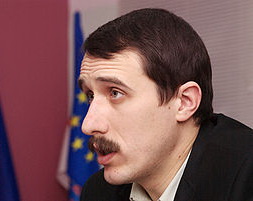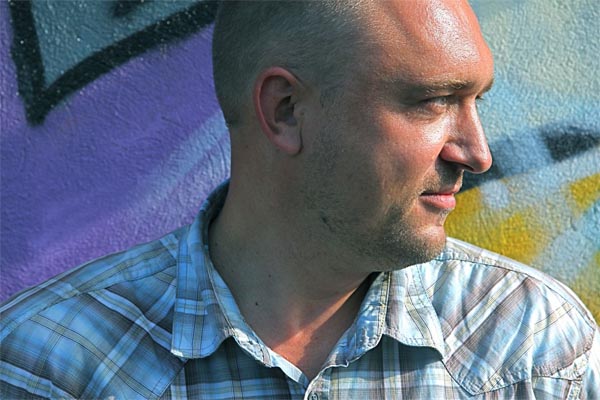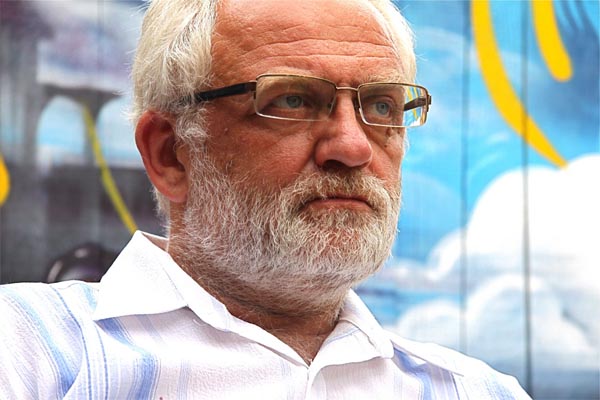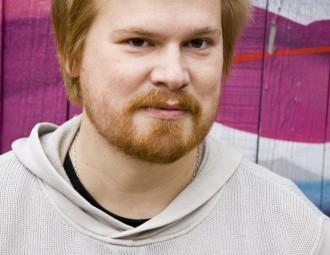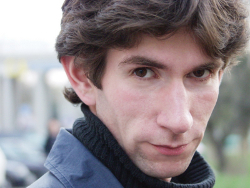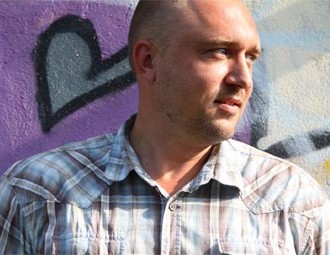Other news section «Opinions»
Andrei Yahorau: Ukraine can handle European integration
13.11.2013 | 17:09
Stanislav Bogdankevich: Crisis will push Belarus to reforms
13.11.2013 | 07:47
Tatiana Vadalazhskaya: Employment Ban in Present-Day Belarus
02.11.2013 | 09:45
Belarus and UN: Ongoing confrontation
31.10.2013 | 09:42
Andrei Yahorau: The developing Eurasian Economic Community has no future
25.10.2013 | 08:47
Ulad Vialichka: We will put forth the stand of the civil society
24.10.2013 | 10:02
Leanid Zaika: In Belarus economy is being contracted
23.10.2013 | 08:43
Jaraslau Bekish: We are trying to “green” our economy and politics
15.10.2013 | 10:03
Andrei Kazakevich: To look upon Belarus as a part of a huge region
12.10.2013 | 14:15
Andrei Yahorau: Growth temperature of the Belarusan civil society is low
11.10.2013 | 10:07
Vadzim Zamirouski: Idiocy in our country is maintained
10.10.2013 | 10:08
Ulad Vialichka: We are still lagging behind
09.10.2013 | 09:21







